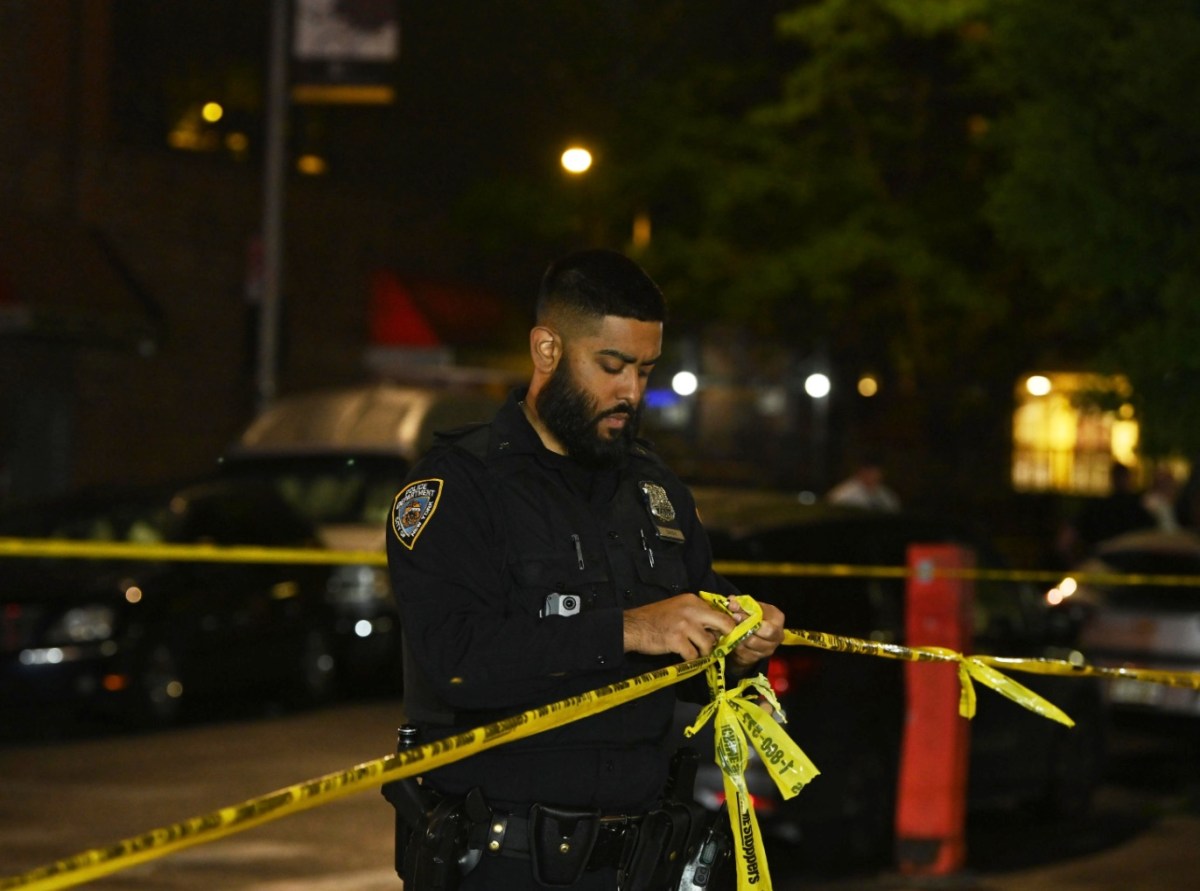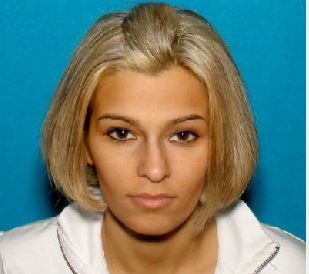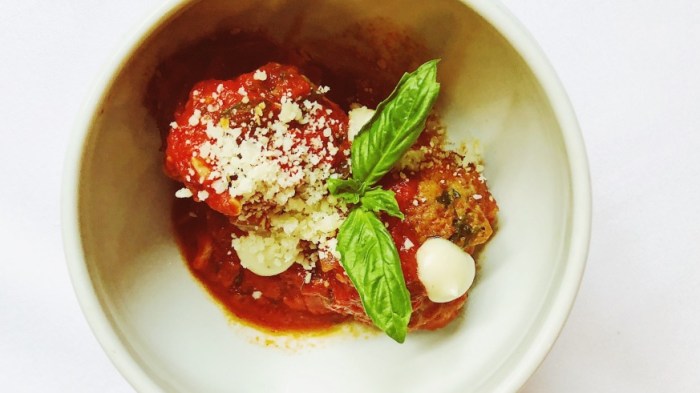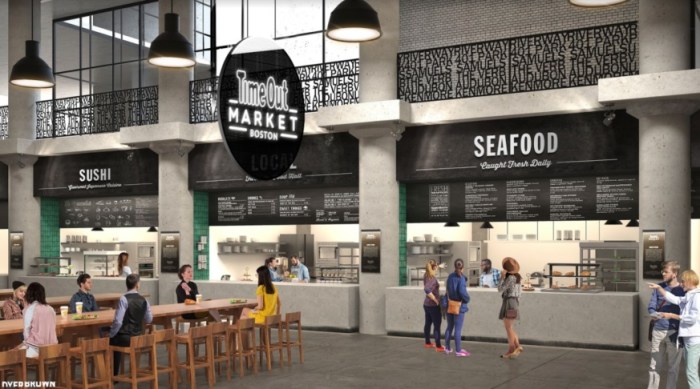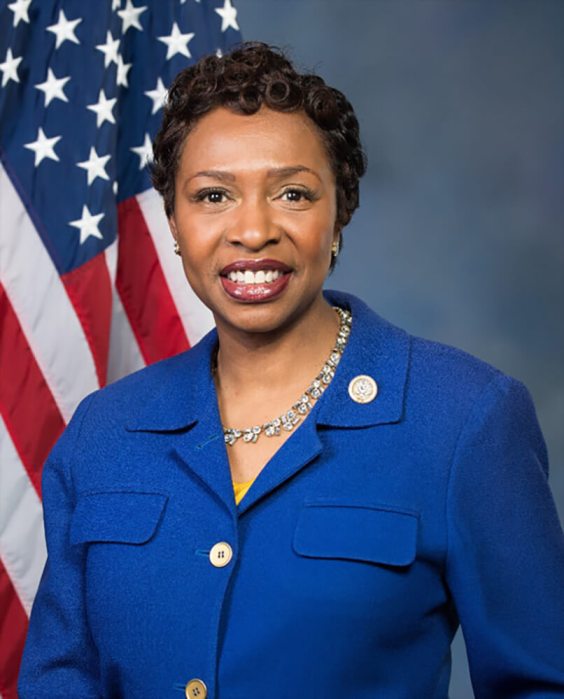For Ngoc Tran Vu, it’s personal.
In 1992, Vu, an Ivy League-educated 26-year old who describes herself as a Vietnamese-American refugee, left Vietnam with six relatives and immigrated to the U.S. Her father was South Vietnamese army lieutenant who spent eight years in a Communist internment camp while the government attempted to re-educate him. Vu split her youth between Southie and Dorchester, attend high school at Winsor School near Fenway and went to college at Brown, in Providence.
Now, Vu is collecting the experiences of immigrants like her own family in the first project of its kind to focus on one of the Boston area’s largest and most overlooked refugee groups. She is facilitating the recording of oral histories of both the Vietnamese diaspora in the U.S., and American veterans of the Vietnam War, to create an oral history of their journeys that will be stored at the Library of Congress. Her work is part of public’s television’s American Experience, and was born out of “Last Days in Vietnam,” an Oscar-nominated documentary that chronicles the fall of Saigon during the Vietnam War, and was directed by Rory Kennedy, Bobby Kennedy’s youngest daughter. Vu has been a project coordinator for that film since last September; they needed someone who had experience doing community outreach and organization in Vietnamese communities in the U.S. Vu fit that bill. WGBH will be showing Last Days in Vietnam in late April, by which time the oral history project is supposed to be completed. Vu will be traveling for the project – initially funded by an Indiegogo campaign and dubbed the First Days Story Project – to six cities with sizable Vietnamese communities: Seattle; San Jose; Westminster, California; Falls Church, Virginia; Houston and Vu’s hometown of Dorchester, where she’ll be organizing interviews for the project in mid-March. Dorchester’s 20,000 Vietnamese, makes up about a third of the Massachusetts’ Vietnamese population. “When this project came up I thought it would be a great way to connect voices that had been misrepresented or left out,” she said. “For many people, it’s been hard to open up. There’s the language barrier, cultural isolation and trauma that goes with being a refugee.” The plan, she said, is to have two people – either Vietnamese refugees or American soldiers who fought in Vietnam — talk to each other about lives for about 40 minutes. The interviews are set up through word of mouth and community outreach. In recent days in San Jose, for instance, 19 pairs of people spoke with each other about their Vietnam experience. The interviews occur in community centers or local radio stations. There are guided questions if the discussion stalls — How did you leave Vietnam? Have you been back? What is the one thing you want your family to know about your experience? In San Jose, there was a father who broke into tears when he was explaining his refugee experience to his 12-year-old daughter. There was an aunt who told her niece she tried to escape Vietnam seven times. On the last attempt she was successful, but she was at sea on a boat without food for more than a week. “The Vietnam War has left an imprint on all of our collective history,” she said.
Vu, who prior to joining American Experience had a professional background is in community organizing, expects some of the interviews to run on NPR’s Morning Edition. Audio for the interview will have its own web site as well. The project is collaboration between American Experience and StoryCorps, a nonprofit that tries to “provide people of all backgrounds and beliefs with the opportunity to record, share and preserve the stories of our lives.” She says the Vietnamese refugee community has thus far been reticent and she’s hoping the project will help tell important stories that deserve to be chronicled.
“It’s been harder than expected to outreach to communities which makes me feel that this project is important to help open dialogues,” she said. “Getting people to open up, it’s been harder than I expected but I am optimistic on how meaningful this project is for individuals, families, communities and future generations.” Vu said she doesn’t know the entire story of her family’s refugee narrative. She hopes to pair her father with an old Vietnamese professor of his when the project comes to Boston, she said.
“Growing up, I’ve heard bits and pieces,” she said. “But I know some of it is quite graphic and I know there’s some things they haven’t told me. I haven’t heard the whole story.”
Dorchester native spearheading Vietnamese oral history project
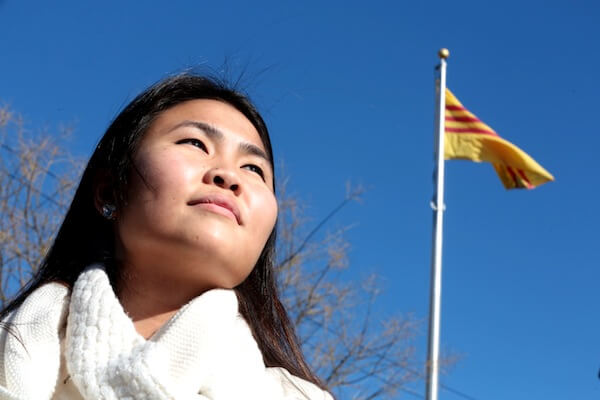
Nicolaus Czarnecki/Metro










